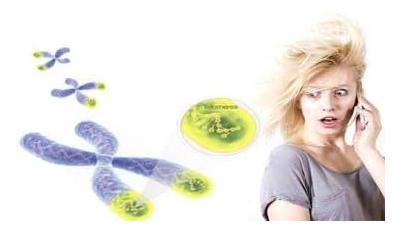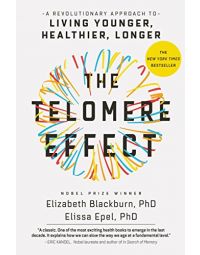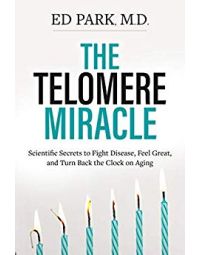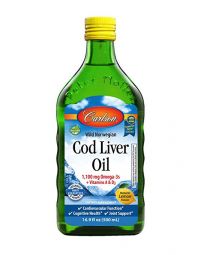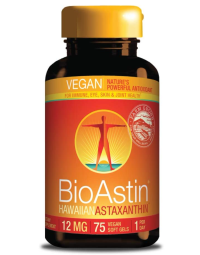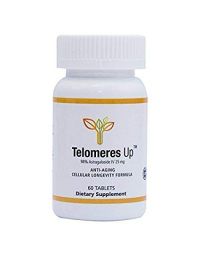Biological Age is a loosely-defined concept wherein your subjective age is a matter of health rather than the number of years you have been alive. Several biomarkers exist for estimating biological age, most of which require sophisticated molecular testing. The best methods require molecular or genetic testing, though some physical measures can offer a rough estimate.

”Promising biological age developments uses various types of predictors, which may shed light on the aging process and provide further understanding of what contributes to healthy aging.(NIH.gov)

Biological vs Chronological Age
The concept of “biological age” refers to the youthfulness of your body, regardless of your “chronological age.” This idea stems from the fact that not every person develops the signs and complications of age-related degradation at the same rate. That is, the health and function of your body and the cells that comprise it are not strictly dependent on how many years old you are. A person who has been alive for 50 years may have less oxidative damage, more stable DNA, and more youthful tissues than a person who is 45 years old, for example.1
Though the exact causes of differences in biological aging are not well known, there are several factors known to contribute. While these factors, and biomarkers of aging, are correlated with chronological age, the relationship is not strict. Measures of these biomarkers have been found to be good predictors of longevity, independent of the number of years a person has lived already. No single factor or marker has proven to be completely accurate in determining a person’s relative age biologically speaking, but a few are better indicators than others. If you measure multiple markers, you will have a more accurate estimate of what your biological age is.1
Find out your biological age, take a blood test with online company: Inside Tracker.
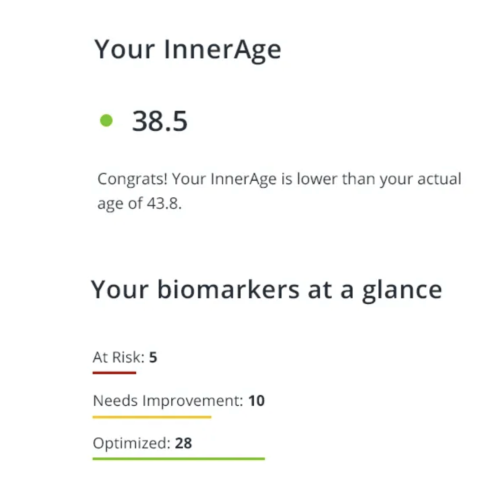

Telomere Length is the Most Well-Studied Marker for Biological Age
Telomeres are sequences of DNA at the ends of your chromosomes that do not code for any genes. Rather, they are there to prevent the destruction of important gene-encoding DNA from gradual degradation. Your telomeres start out quite long when you are born, but slowly become shorter as you age. Thus, telomere length has been a prime candidate for a true biological age marker.2
Currently, there are a few companies that offer telomere length testing for consumers. Kits cost around $100 and require a small drop of blood, which can be returned by mail. However, some scientists caution that the results should be taken with a grain of salt. Telomere length dating is not exact yet, and “normal” telomere length can cover a wide range.3
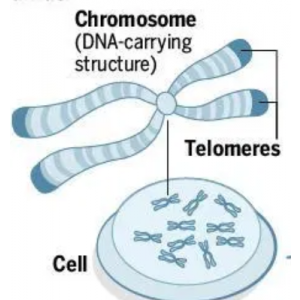

Epigenetic Clock is Currently the Most Accurate Biological Age Marker
Control of the expression of your genes in different cell types and at different times through modifications added to your DNA is known as epigenetics. Several types of small organic molecules can be added to sections of DNA to speed or slow the rate at which it is translated into protein. A common modification is methylation, the addition of a methyl (-CH3) group to a DNA base pair. DNA methylation tends to increase with age and with each cell replication cycle and is much higher in diseased tissues such as tumors. A couple of studies have found a high correlation between DNA methylation rate and current cellular dysfunction and predicted longevity.2
No tests are currently available to the public for age-related DNA methylation. With recent promising results, however, a test may be in the works before long.


Physical Indicators of Biological Age
While molecular markers may be superior for determining true biological age, they may not be feasible or practical for the average person. Therefore, some physical measurements have been developed as approximate indicators for biological age. Measurements of strength, frailty, and other indicators of health and disease, such as grip strength and neck muscle mobility, have been used as potential markers for morbidity/mortality and estimated longevity.1
The Frailty Index is one such measure that correlates well, though not perfectly, with biological age.4 This is a quantification of the number of “deficits” an individual has in a list of around 40 chronic health conditions, such as cancer, high blood pressure, or recent hospitalization.5 The percentage of deficits out of the total you have is correlated with your biological age.
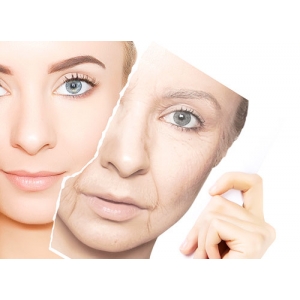
[1] Jackson SH, Weale MR, Weale RA. 2003. “Biological Age—what is it and can it be measured?” Arch Gerontol Geriatric. Mar-Apr; 36(2)103-115. https://www.ncbi.nlm.nih.gov/m/pubmed/12849085/
[2] Jylhäva J, Pedersen NL, Hägg S. 2017. “Biological Age Predictors.” EBioMedicine. July; 21:29-36. https://www.sciencedirect.com/science/article/pii/S2352396417301421
[3] Vanchieri C. 2018. “At-home telomere testing is not a reliable marker of aging, researcher says.” ScienceNews. June 23; 193(11):4. https://www.sciencenews.org/article/home-telomere-testing-not-reliable-marker-aging-researcher-says
[4] Peña FG, Theou O, Wallace F, Brothers TD, Gill TM, Gahbauer EA, Kirkland S, Mitnitski A, Rockwood K. 2014. “Comparison of alternate scoring of variables on the performance of the frailty index.” BMC Geriatric. Feb; 14:25. https://bmcgeriatr.biomedcentral.com/articles/10.1186/1471-2318-14-25
[5] Pyrkov TV, Getmantsev E, Zhurov B, Avchaciov K, Pyatnitskiy M, Menshikov L, Khodova K, Gudkov AV, Fedichev PO. 2018. “Quantitative characterization of biological age and frailty based on locomotor activity records.” Aging. Oct; 10(10):2973-2990. https://www.aging-us.com/article/101603/text
-
How Do You Reduce Your Biological Age?
By Dr. AnnaMarch 8, 2022 -
Telomere Length
By Dr. KarenDecember 20, 2021 -
Anti-Aging Herbs
By Dr. AnnaMarch 8, 2022 -
Under Eye Wrinkles
By Dr. KarenDecember 17, 2021
Search the blog
Article Categories
- All Articles (95)
- Rating Charts (1)
- Beauty & Skincare (17)
- FAQ (0)
- Hair Care (9)
- Health & Wellness (12)
- Anti-Aging (4)
- Kid's Health (0)
- Makeup (2)
- Men's Health (2)
- Oral Care (3)
- Sunscreen (7)
- Skin Tools & Treatments (10)
- Supplements (26)
- Videos (0)


